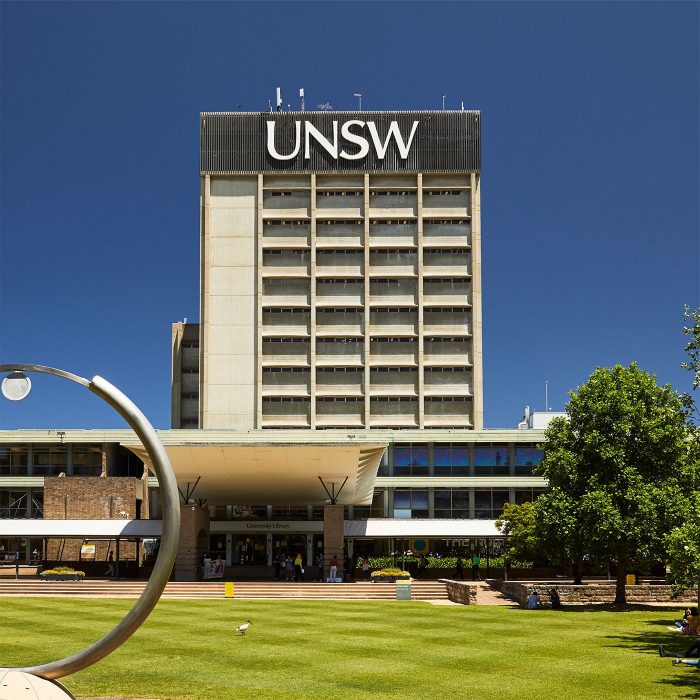Gendered violence

UNSW students and staff commit to creating a safe and respectful community when studying or working with us. This means being aware of expected behaviour at the University and taking action to prevent gendered violence (GV) if it’s safe to do so.
UNSW commits to raising student and staff awareness of expected behaviour, responding to incidents disclosed by our students, staff and members of the public, and providing support to those affected.
-
Sexual harassment, gendered harassment, sexual assault, rape, relationship violence and coercive control are all gendered violence behaviours. Gendered violence refers to harm perpetrated against a person or group because of their sex, gender, sexual orientation or gender identity.
Gendered violence includes:
- Asking inappropriate questions about someone’s private life or sexual experiences.
- Commenting on someone’s appearance in a disrespectful way.
- Using sexist language and telling sexist jokes.
- Harassing someone because of their sexuality.
- Blaming a person who has experienced gendered violence for their behaviour.
- Staring or leering in a sexually suggestive way.
- Stalking or monitoring someone online, including repeatedly contacting someone after being blocked.
- Sharing nude or sexual images without consent.
- Unwanted physical contact or touching.
- Pressuring, intimidating or coercing someone into sexual activity.
- Physical violence or threatening physical violence in a relationship.
- Sexual contact without someone’s consent, or when they are unable to consent.
- Controlling a partner’s social interactions, finances or activities.
- Attempting to isolate a person from their support network.
- Withholding finances unless the person does what the other person says.
- Acting in intimidating ways including breaking things.
- Harm to pets.
Learn more about relationship violence.
-
While anyone can experience gendered violence, it most commonly affects women and girls. Evidence also shows that LGBTIQ+ people, people with disabilities, cultural and linguistically diverse people, and Aboriginal and Torres Strait Islander people are at higher risk. This is because gender inequality often overlaps with other types of inequality.
-
Gender inequality creates an environment where gendered violence can occur. Gender inequality is when people of different genders do not have equal access to social status, power, resources, opportunities, or respect in society. For more information, please visit the Our Watch website, opens in a new window.
What is gender based violence?
An animated video, developed by the Women’s and Girls’ Emergency Centre, explains what gender-based violence is and highlights its different forms.

Actions against gendered violence

Contact us
Do you have questions or suggestions? We’d love to hear from you!
Get support
GVRT - UNSW Psychology & Wellness
- GV Portal
- Email, opens in a new window
- Phone: 02 9385 5418
- Text: 0485 826 595 (Confidential chat, after-hours; Mon – Fri 5 pm-9 am, 24/7 on weekends/ public holidays).
Urgent medical or safety help
- Off campus: Call Triple zero (000).
- On campus: Call 9385 6666 for UNSW Security.
- Immediate support: Call 1800RESPECT (1800 737 732) or visit our online chat, opens in a new window
- For more information: Emergency contacts, opens in a new window
Prevention programs
Learn more about UNSW’s prevention programs:
Together, let’s create a safer, more inclusive UNSW. Thank you for your support!

